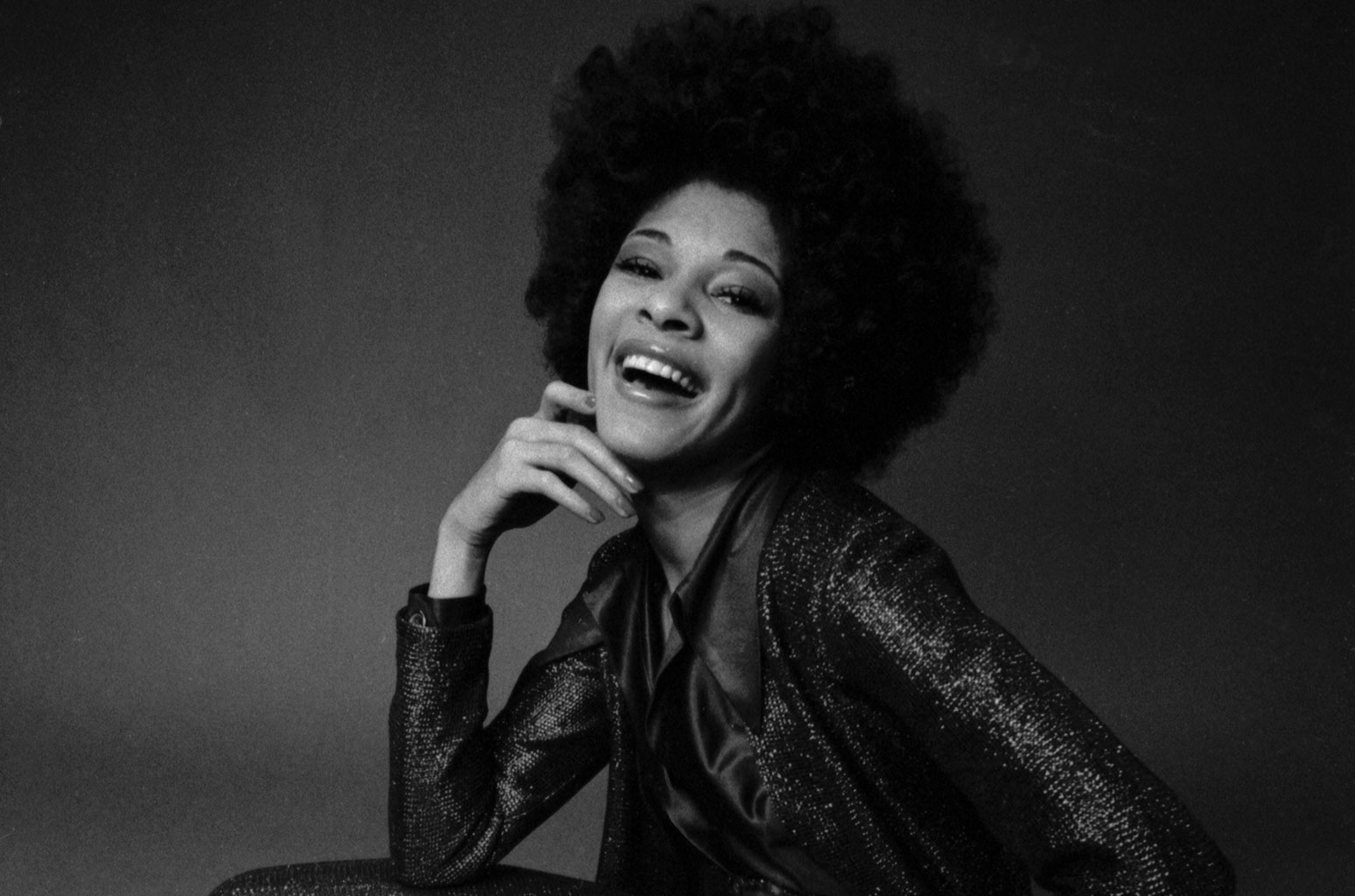
Betty Davis, the pioneering funk singer who released three albums of raw, gritty and sexually liberated music in the ’70s, has died at age 77, Rolling Stone has confirmed.
Her chart presence was slight – she notched just two singles on the Hot R&B/Hip-Hop Songs chart, the No. 66-peaking 1973 single “If I’m In Luck I Might Get Picked Up” and the 1975 single “Shut Off the Lights,” which barely scraped by at No. 97. Even so, Davis’ impact on music was substantial – her convention-flaunting outfits, dirty funk tunes and no-apologies bravado kicked open doors for a new generation of boundary-pushing pop stars (such as Prince, Madonna and Janet Jackson) who would go on to enjoy much greater success.
But by the time sexual liberation on the charts – particularly from a female perspective, much less from a Black female perspective – was beginning to make inroads in the late ’80s and ’90s, Davis had long disappeared from the public eye. For the last 40-some years of her life, she would remain a recluse, resurfacing briefly in 2017 when she agreed to participate in Phil Cox’s documentary, Betty: They Say I’m Different.
Growing up in rural North Carolina, Davis’ early musical memories involved her grandmother “boogying to Elmore James,” per her interviews from that 2017 documentary. By age 12, she’s written her first song, “Bake a Cake of Love” (which elicited complains from her neighbors), and her family moved to Pittsburgh. When she turned 16, Davis (née Mabry) moved to New York City to attend the Fashion Institute of Technology. She began modeling, but grew tired of the scene, finding greater inspiration in the percolating musical underground. Following a 1964 R&B single credited to Betty Mabry, she wrote a song for the Chambers Brothers and struck up a friendship with Jimi Hendrix, Sly Stone and Hugh Masekela.
In 1968, she began a relationship with the nearly two decades older Miles Davis that would result in a brief marriage and a name change from Betty Mabry to Betty Davis. The jazz icon tried to help his wife nab a label contract with a few demos they worked on together, but none of the majors were interested. Despite the brevity of their time together, Miles credited Betty with opening his eyes to the music of Hendrix and Stone, which would push him into jazz fusion territory on classics such as Bitches Brew (1970) and On the Corner (1972) (she also appeared on the cover of his 1968 album Filles de Kilimanjaro). The two divorced due to what Betty described as his violent, jealous temper.
Following their divorce, she finally got her music career off the ground with her 1973 debut, Betty Davis, followed by 1974’s They Say I’m Different, both on the label Just Sunshine. Not only do those cult favorites rank among the best of ’70s funk, but they were decades ahead of their time in terms of perspective: A sexually liberated woman who was frank and completely in control of her desires and kinks. Unsurprisingly, few paid attention — and those who did tended to be confused or scandalized by her blunt lyrics, outlandish outfits and libidinous moves.
Following 1975’s Island-released Nasty Gal, the label dropped her from its roster. “When I was told that it was over, I just accepted it,” she told The New York Times in 2018. “And nobody else was knocking at my door.” She told the Times the death of her father in 1980 also rearranged her priorities: “I went to another level. It was no longer about the music or anything, it was about me losing a part of myself. It was devastating.”
When she retreated from the public eye, few knew why at the time – including her band, Funkhaus. Her 2017 documentary, which features her participation but few shots of her face, includes a moment where her band gathers around a cell phone to speak with her for the first time in years. The warm conversation came to an abrupt end when one of them asked her “what happened” that made her walk away from entertainment; her reply was simply, “Well, it was nice talking to you.”
A 2018 screening of Betty: They Say I’m Different in Brooklyn was preceded by a word from fellow soul-funk alien Erykah Badu, who read a letter Davis had written for the film’s New York City premiere: “Hello, this is Betty. I’m sorry I could not be with everyone this evening. My life is mysterious at times, even to me, but I am with you all in vibrations and spirit. I hope you enjoy the movie They Say I’m Different. It is something deep and person to me, I am glad to share it all with you. I send all good vibrations and also love. Pure, good love that we all need and should embrace.”